The current real estate market has created a flurry of bidding wars in high-demand areas of the GTA.
For sellers, when listing a property, the option exists to set the offer date on a given time and date which does two things – First, it gives the advantage of seeing all the offers on the table at once. Second, it creates a now-or-never sense of urgency between competing parties, thereby increasing the emotional appeal to potential buyers (and potentially how much they are willing to pay). There are definite advantages to having multiple offers presented simultaneously as it allows the seller to select the most attractive offer for their particular needs.
Once the offer date arrives, as the seller you have the opportunity to review the offers and way several factors. Beyond the price offered, terms such as closing dates, inclusions and exclusions, any additional factors such as conditions and clauses need to be reviewed. If a buyer exercises their right to impose conditions they are creating an exit loophole in the deal. A seller will need to weigh the offered price against potential conditions when selecting the best option for selling.
When market conditions are favourable for generating multiple offers on a property, generally the seller wants to set the stage to avoid having conditions attached to potential offers on the property. One way to do so is to provide a pre-listing home inspection for Buyers to review prior to the offer date (this is particularly important for Freehold properties). This allows Buyers to receive information about the physical state of the property from an independent third party, and at their choosing the Buyers may elect to forgo including a home inspection condition in their offer. Generally given the choice between a “Firm” offer with no conditions, and a “Conditional” offer that allows for the Buyer to exit the deal, sellers will want to accept a firm and binding deal. Providing pre-listing inspection reports is frequently used to put a Buyers mind at ease regarding the physical state of a property. For condominiums, it is common to provide a copy of the Status Certificate from the Condominium Corporation for review by a Buyers lawyer prior to reviewing offers.
Given the current market conditions, some properties may sell in excess of what a bank may appraise a property for. This is important and means that a buyer may require an excess of a down payment to close the transaction. A mortgage will only be extended for the assessed value of the home, and not necessarily to the agreed purchase price, so the buyer will have to generate the difference in cash. As a back spot to potential negative consequences from a property failing to appraise, in situations where the Buyer is willing to offer an amount well outside of previously established market values, we would strongly recommend insisting on a larger security deposit. This provides reassurance that the buyer has the necessary financial resources required to close the deal, and in the event, the buyer fails to obtain financing, provides funds to mitigate damages to the seller if the deal were to fail to close.
If you would have further questions regarding strategies for selling or buying a property, the Shirriff Wells Group at Royal LePage Terrequity is here and ready to help.


